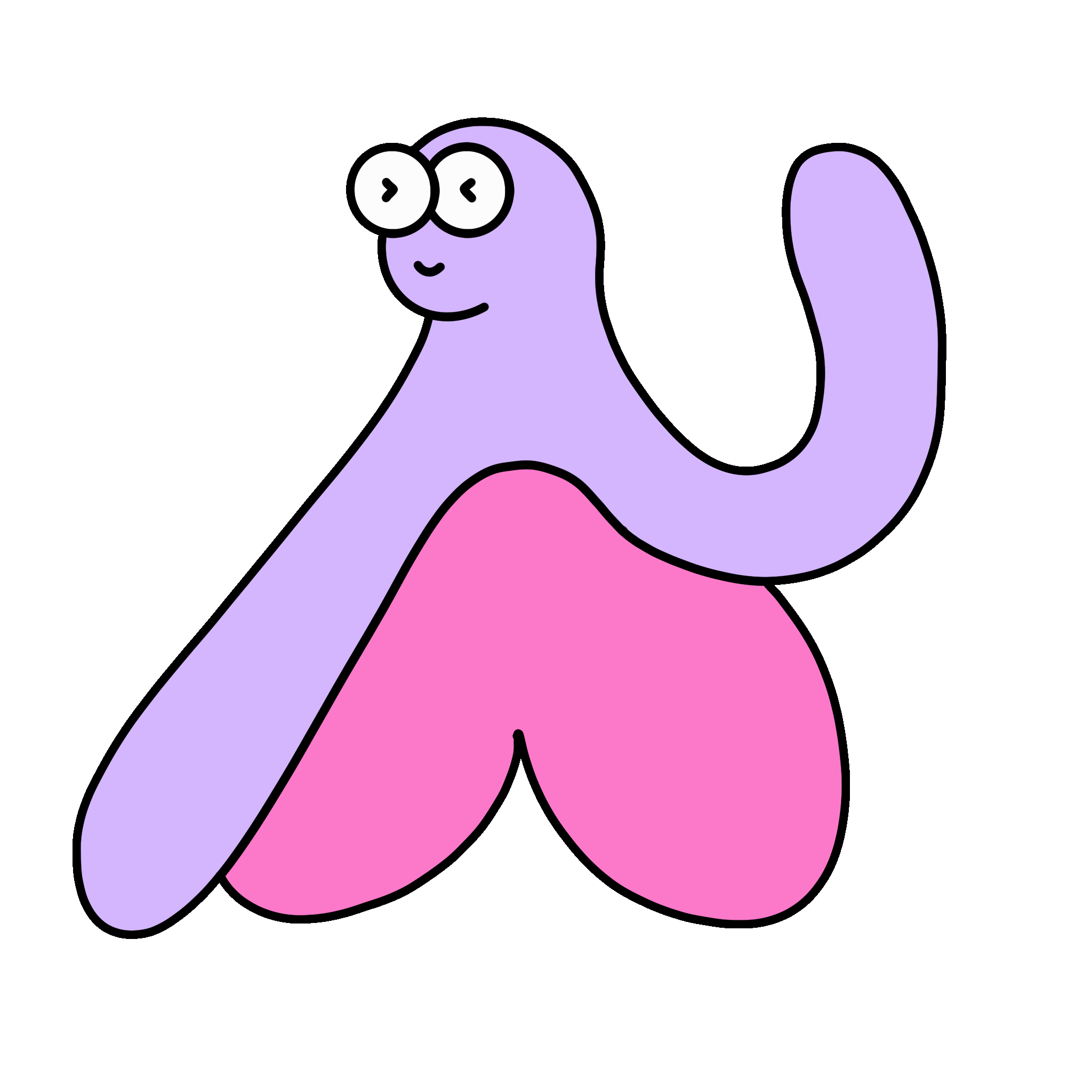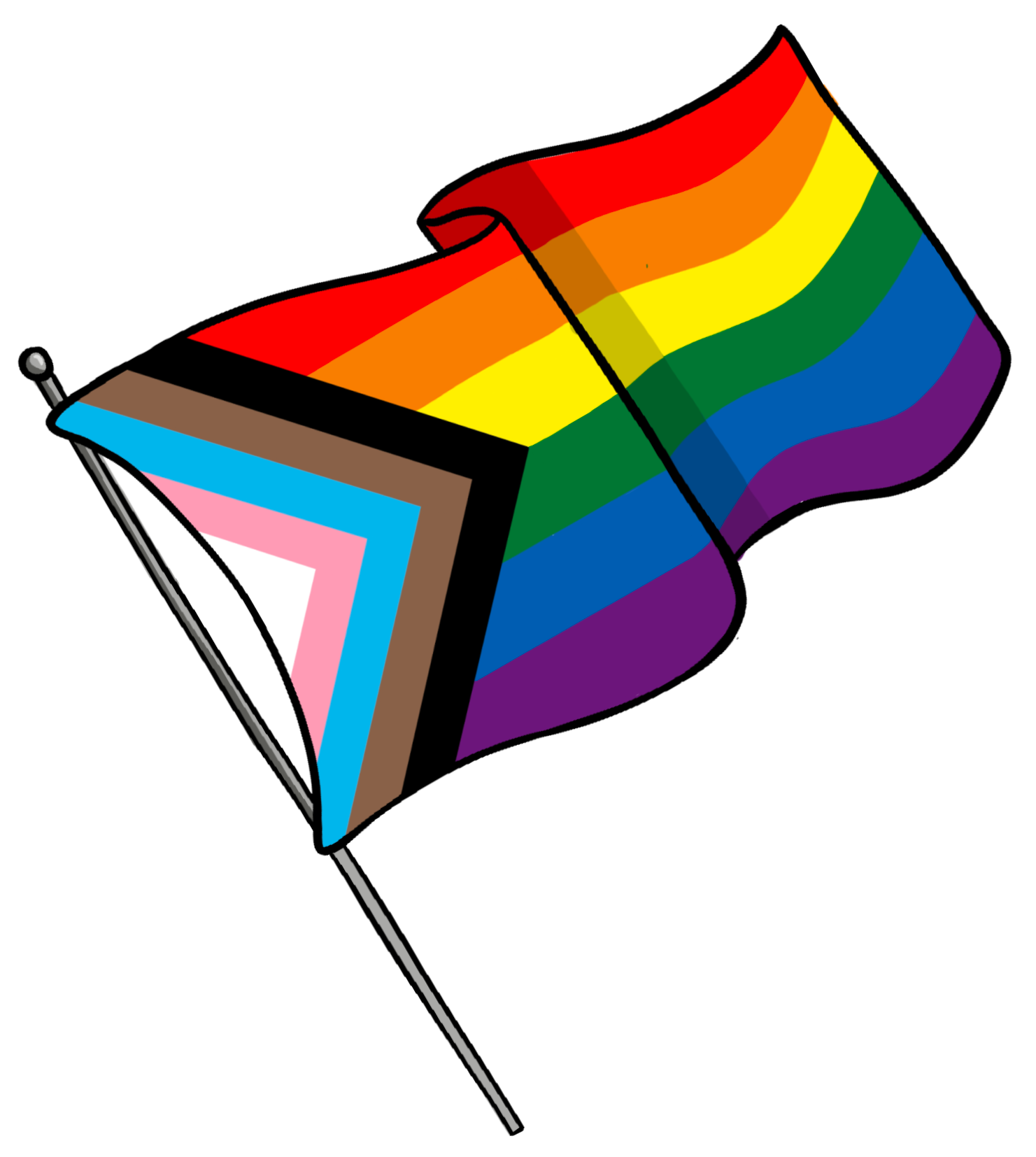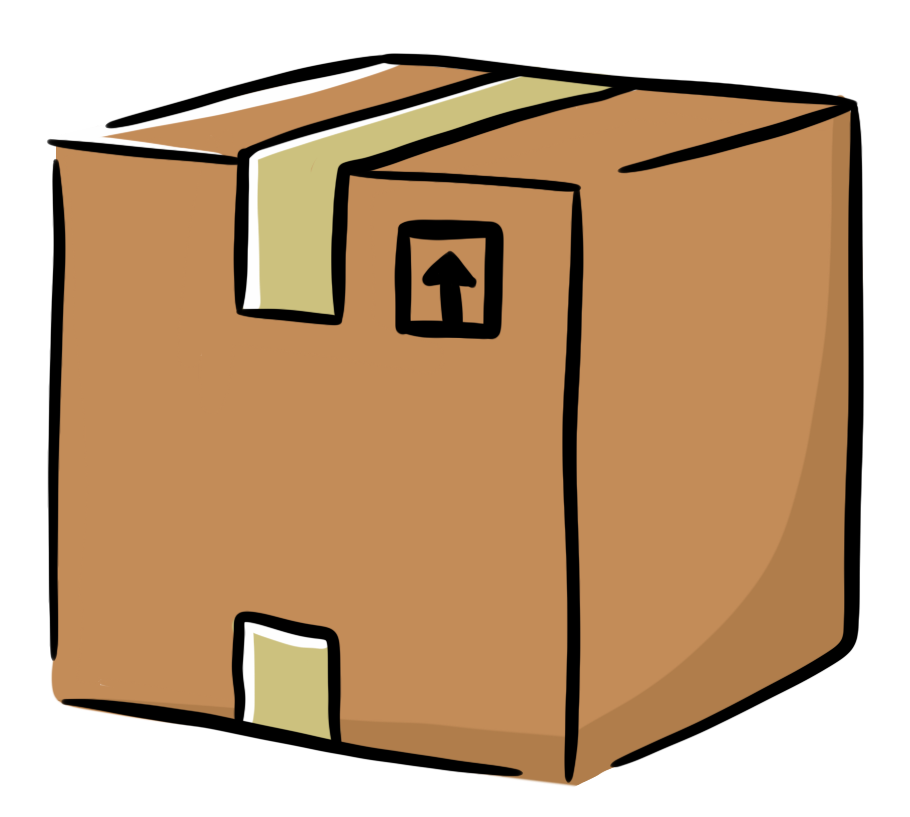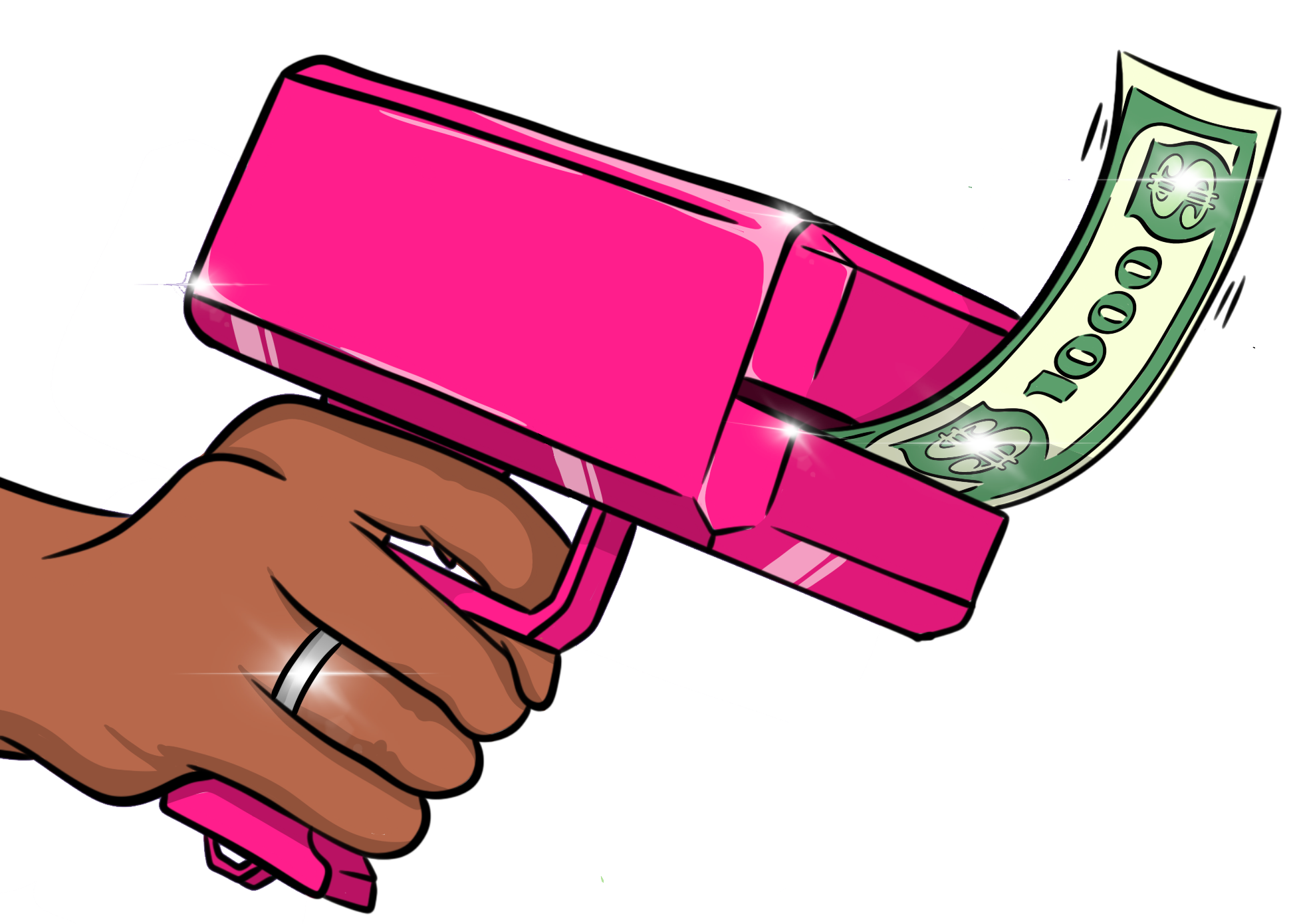I started my period at the age of 10, which was both unexpected and traumatic, as I had literally no idea what was happening, and my mum was unable to hide her distress at me starting so early. My home was a fairly typical South Asian family growing up, in that the dominant culture was not speaking about our feelings and pretending everything was fine. And pretty much the only sex ed I got was at school. Menstrual pads were kept in the shared bathroom, but we basically never talked about periods, and there was a lot of shame surrounding sex and the body. So, when I started to get painful periods, I instinctively didn't really talk about it, and played down the pain. However, some things can't be hidden. From the age of 12, I would be in agony every month, and was frequently passing out in the bathroom (which to this day, my family don't know). At 12 my GP told me pain was normal, and he put me on the pill. The pill didn't work for me, and I had basically all the side effects, so we tried another pill, and then another, and another AND another.
To say that I experienced sexist and racist gaslighting from my doctors would be an understatement. It means that, to this day, I have anxiety attacks when I need to see the GP. I cry after every appointment. At 20, I went to India on holiday with my family. My aunt, a doctor, saw my period pain first hand and gave me an ultrasound herself. She diagnosed me with endometriosis immediately. I still remember sitting in her office with my parents and brother, crying out of relief and fear. When I showed my GP in London the ultrasound, he initially dismissed it, saying "well, it's from India". He eventually agreed to refer me to a gynaecologist, but told me they would likely not accept this Indian scan. The gynaecologist did accept the ultrasound, and also told me I would need to have children "as soon as possible" as pregnancy is the only "cure" for endometriosis, and I would soon be infertile. I was 20, at uni, and terrified, as I believed this to be true (it's not).
I wish I could say this is the end of my story, but alas! It's only the beginning! I am now 33, and have had 3 operations. The most recent was pretty scary as the Endo was affecting my kidney function. I also recently learned that I have Adenomyosis. However, I am now, finally in a place where I have accepted that I have a chronic illness. As someone who struggles with accepting help and with looking "weak", this is a big deal. Endo does not define me, but it is a part of who I am. And, taking it easy and adapting and sometimes saying no, is not a sign of weakness, it's me being kind to myself. As more information is available now, I have also educated myself a lot, on my condition, and have gained more confidence so I can challenge my doctors and not just accept whatever they say. More importantly, I have learned to be amazed at the human body's ability to manage pain and heal, and to listen to my body. There are lots of resources available on how to manage endo/adeno, I would recommend anyone with these conditions to read as much as possible, but remember that the only person who knows what's best for your body is you.
To say that I experienced sexist and racist gaslighting from my doctors would be an understatement. It means that, to this day, I have anxiety attacks when I need to see the GP. I cry after every appointment. At 20, I went to India on holiday with my family. My aunt, a doctor, saw my period pain first hand and gave me an ultrasound herself. She diagnosed me with endometriosis immediately. I still remember sitting in her office with my parents and brother, crying out of relief and fear. When I showed my GP in London the ultrasound, he initially dismissed it, saying "well, it's from India". He eventually agreed to refer me to a gynaecologist, but told me they would likely not accept this Indian scan. The gynaecologist did accept the ultrasound, and also told me I would need to have children "as soon as possible" as pregnancy is the only "cure" for endometriosis, and I would soon be infertile. I was 20, at uni, and terrified, as I believed this to be true (it's not).
I wish I could say this is the end of my story, but alas! It's only the beginning! I am now 33, and have had 3 operations. The most recent was pretty scary as the Endo was affecting my kidney function. I also recently learned that I have Adenomyosis. However, I am now, finally in a place where I have accepted that I have a chronic illness. As someone who struggles with accepting help and with looking "weak", this is a big deal. Endo does not define me, but it is a part of who I am. And, taking it easy and adapting and sometimes saying no, is not a sign of weakness, it's me being kind to myself. As more information is available now, I have also educated myself a lot, on my condition, and have gained more confidence so I can challenge my doctors and not just accept whatever they say. More importantly, I have learned to be amazed at the human body's ability to manage pain and heal, and to listen to my body. There are lots of resources available on how to manage endo/adeno, I would recommend anyone with these conditions to read as much as possible, but remember that the only person who knows what's best for your body is you.

